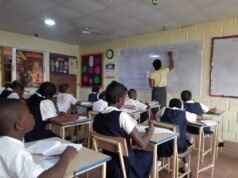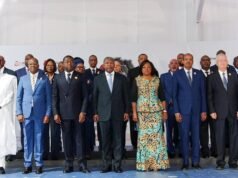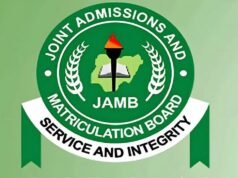In a significant development for STEM education on the continent, the 22nd edition of the 22nd Conference on Mathematics, Science and Technology Education in Africa (COMSTEDA 22) is slated to take place at the Bingu International Conference Centre in Lilongwe, Malawi, on 14 November 2025. The gathering has been organised under the aegis of the Strengthening of Mathematics and Science Education in Africa (SMASE‑Africa) network, which brings together African nations and STEM-oriented organisations committed to advancing mathematics and science education across Africa.
For those of us invested in educational transformation — whether teachers, policymakers, researchers or students — this conference promises to be an important space for renewed focus, collaboration and change.
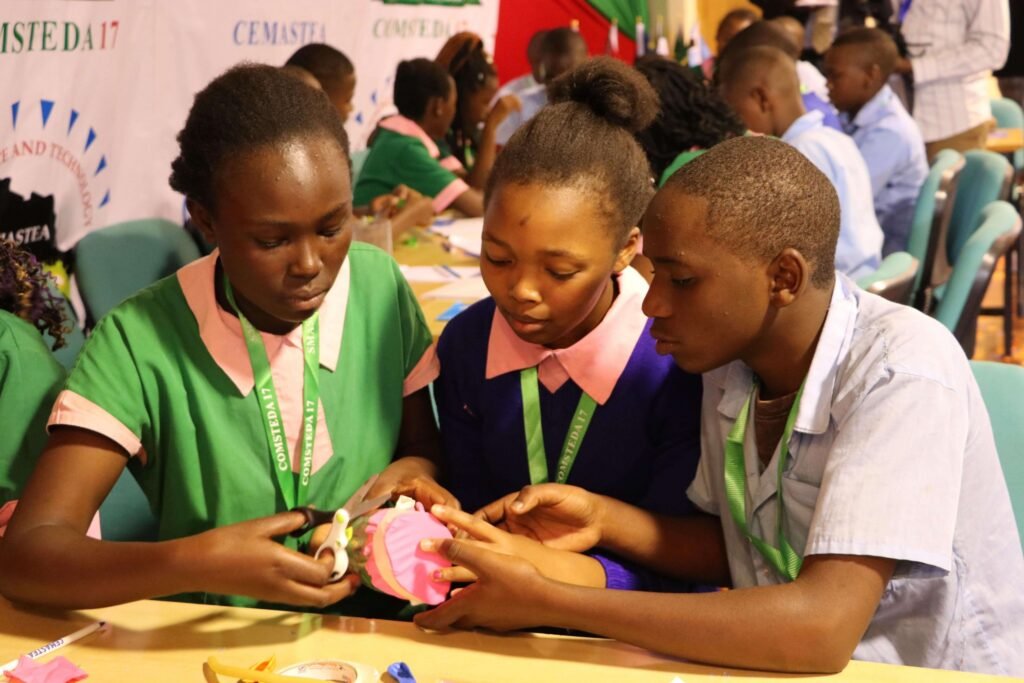
Table of Contents
The Mission: Strengthening STEM Across Africa
SMASE-Africa, the umbrella for COMSTEDA 22, is built on a multifaceted mandate: it pursues policy development, research, collaboration, advocacy and capacity building in STEM — that is to say, Science, Technology, Engineering and Mathematics.
From a personal viewpoint, the ambition here resonates deeply. In my own work, I have seen how weak foundations in mathematics or science can ripple through a student’s educational journey, hampering progress in technology or engineering pathways. Conferences such as COMSTEDA 22 are not mere talk shops; they present opportunities to align curriculum, professional development, resources, and policy — especially in African contexts, where the challenges and promise are both vast.
In the lead-in to the conference, the network emphasises that strong STEM education is not only about building technical skills, but equally about nurturing scientific literacy, critical thinking and an innovation culture rooted in African realities.
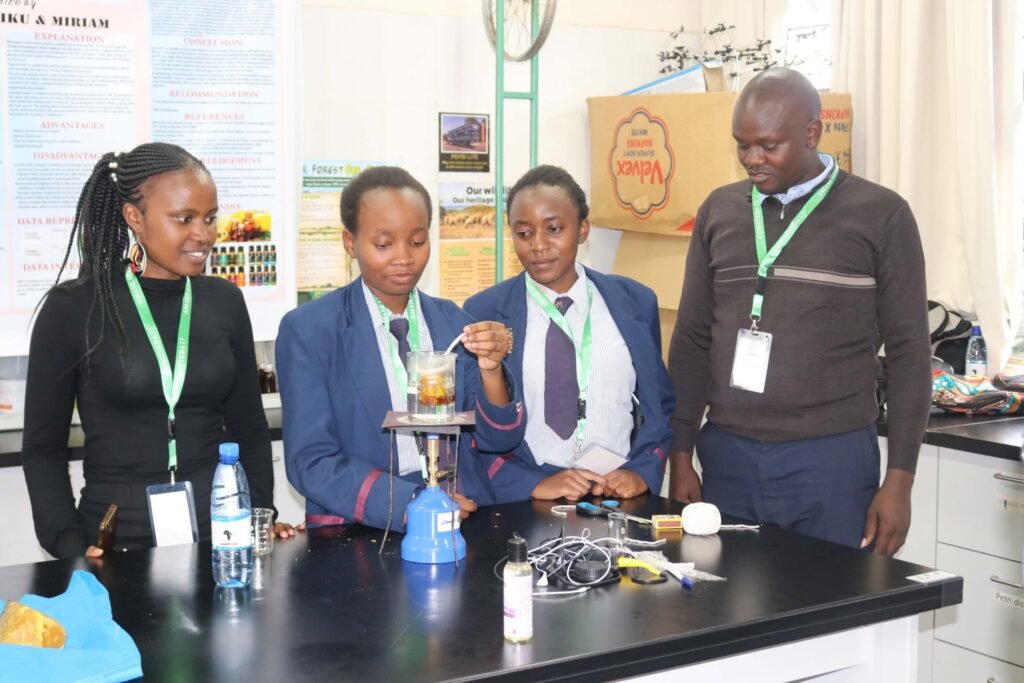
Why Lilongwe and Why Now?
Selecting Lilongwe as the host city is meaningful. Malawi’s role underscores a regional spread of STEM-education leadership beyond the usual hubs. For Nigeria, Ghana, Kenya and others, this signals that every African country has a place in the conversation. For practitioners in Nigeria (and indeed elsewhere in Africa), it means being part of a broader community seeking solutions for shared issues: teacher shortages, curriculum relevance, infrastructural deficits, gender gaps in STEM subjects and the need for locally-adapted innovations.
The timing – mid-November 2025 – also arrives at a moment when global attention on education, disrupted by pandemic and climate shocks, is strong. Africa’s youth bulge remains both a challenge and an opportunity; preparing students in maths and science is critical for future job markets, technological change, and sustainable development.
From a practical angle: attending or following COMSTEDA 22 provides outlets for cross-border networking, discovering case studies, learning from best practices and adapting them into Nigerian classrooms and policy frameworks. It also invites local academics and practitioners to share their work on the continent’s stage.
What to Expect and How Practitioners Can Engage
At COMSTEDA 22, delegates should expect a rich mix of keynote addresses, parallel sessions, policy dialogue and exhibitions. Themes will likely centre on strengthening teacher capacity in mathematics and science, integrating technology into learning, promoting gender equity in STEM, and anchoring STEM education within Africa’s development agenda.
From my vantage point, here are actionable steps for Nigerian stakeholders:
- Prepare case studies: Have any successful local interventions (in Nigeria) in STEM education? These could be teacher-development programmes, school-industry partnerships, or community outreach efforts. COMSTEDA 22 offers a platform to share these and to learn from others.
- Engage in networking: Use the event to establish contacts across Africa. Collaboration doesn’t stop at the conference; follow-through is key.
- Translate insights into action: After the conference, bring back lessons to your classroom, school or policy unit. For example, adopt new pedagogies in mathematics that emerged in Lilongwe, or pilot a local STEM club informed by regional best practice.
- Advocate in your context: Whether you are a teacher, administrator or policy advisor, use the momentum of COMSTEDA 22 to press for improved resources, supportive policy, and sustained professional development in Nigerian STEM education.
Lastly, even if attendance physically isn’t feasible, many sessions may yield publications, recordings or networking portals. Ensuring you access these will maximise the benefit.
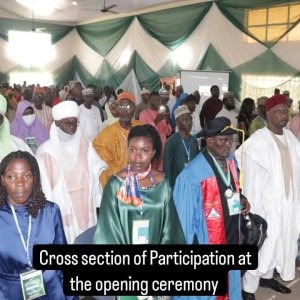
As Africa charts its path into the 21st century, STEM education remains a cornerstone. The 22nd Conference on Mathematics, Science and Technology Education in Africa isn’t just another event; it is a chance to elevate the conversation, deepen collaboration, and drive real change in how we teach and learn mathematics and science across the continent. For Nigeria and African educators generally, the challenge now is to seize the opportunity: to participate, to share, to implement — and thereby to power a generation of learners ready for tomorrow.
Join Our Social Media Channels:
WhatsApp: NaijaEyes
Facebook: NaijaEyes
Twitter: NaijaEyes
Instagram: NaijaEyes
TikTok: NaijaEyes
READ THE LATEST EDUCATION NEWS


